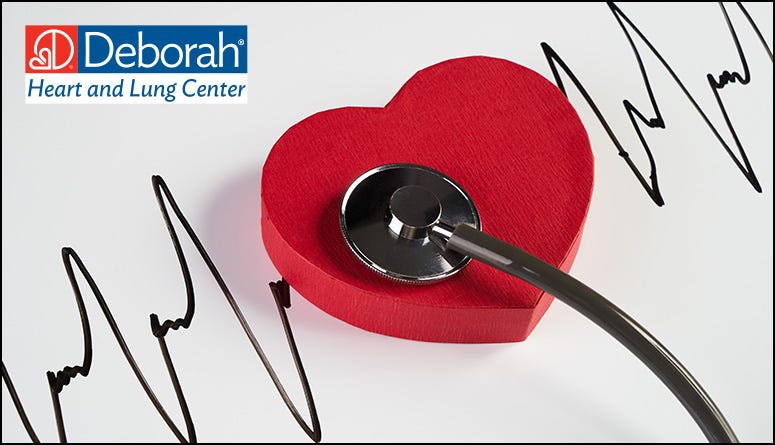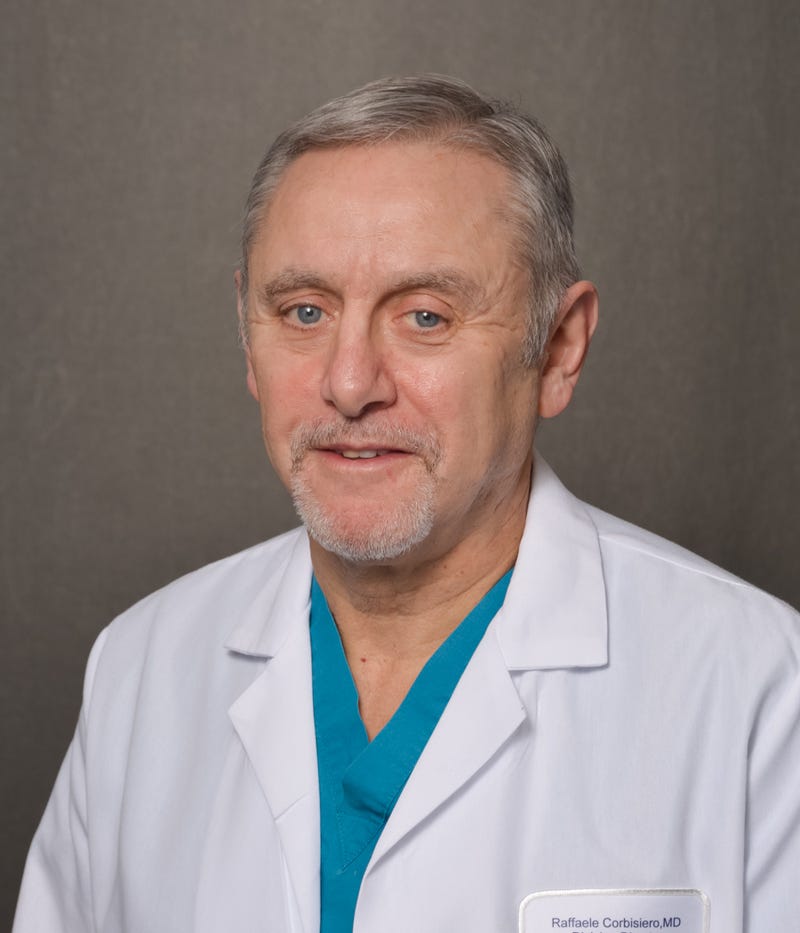
The wonderful world of the online thesaurus supplies dozens of synonyms for the term “heart skips a beat:” to be frightened, excited, shocked, or startled: the heart jumps, leaps, quickens or even drops; and single words such as dithers, heebie-jeebies, or (sure to be a new favorite) – collywobbles.
A collywobble now and then is nothing to worry about… or is it?
The medical name for fleeting or more entrenched cardiac rhythm disorders is “arrhythmia.”
“Arrhythmias can occur anywhere in the heart, and where they occur is very important,” said Deborah cardiac electrophysiologist Raffaele Corbisiero, MD “because they carry different prognostic factors.”
The most common arrhythmia is atrial fibrillation, which occurs in the atria in the upper part of the heart and can lead to stroke. Even more dire is ventricular fibrillation, which occurs in a ventricle in the bottom part of the heart, and which can lead to sudden cardiac death, “the Number One cause of death in this country,” Dr. Corbisiero noted, “outweighing almost all cancers combined.”

And it is abrupt – a patient suffering sudden cardiac arrest may experience chest pain, lightheadedness, nausea, and shortness of breath before passing out but may also collapse with no warning and stop breathing. It’s usually fatal within minutes without immediate treatment such as cardiopulmonary resuscitation (CPR) and shocks to the heart from an automated external defibrillator (AED).
Patients who have already suffered a heart attack are at high risk for this type of arrhythmia, and may require medications, implanted devices or surgery to protect them from another incident.
But arrhythmias can be sneaky and silent, going completely unnoticed in some patients until picked up coincidentally during a medical encounter and then requiring intervention. They can make a bigger show in other patients, including symptoms such as
- heart palpitations
- varying fast and slow heart rate
- dizziness and/or fainting
- chest pain
-weakness
-fatigue
-shortness of breath
-sweating
KYW’s Rasa Kaye talks with Dr.
Corbisiero about arrhythmia diagnosis, treatment and management – and even addresses some new social media claims about self-help to re-set your heart rhythm.
To schedule an appointment, visit DemandDeborah.org or call 609-831-4456.
This Health Report is sponsored by Deborah Heart and Lung Center.
